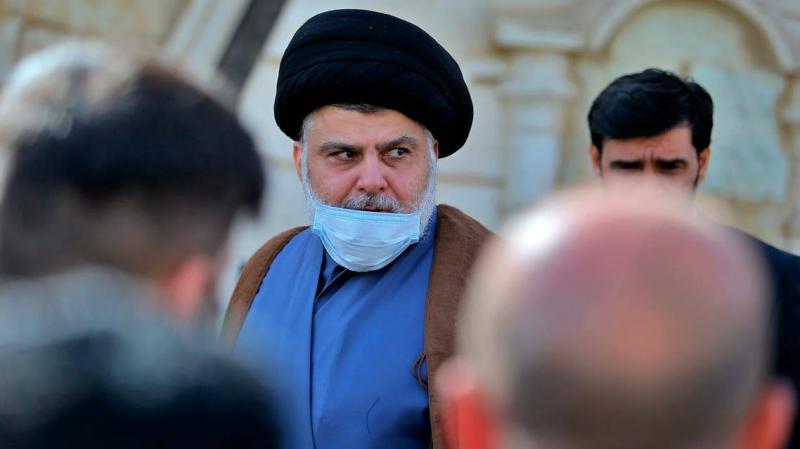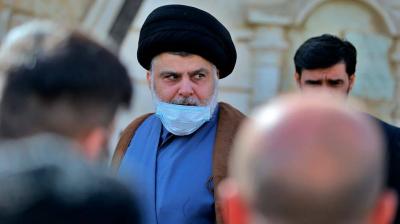Under the title "Sadr Movement: The Presidency of the Government of Iraq is Not Exclusive to Men!", the Arabic website reported that while the final numbers and results of the parliamentary elections in Iraq are not yet clear, it is almost certain that the Sadrist Movement has secured the largest share of parliamentary seats. This has drawn attention to its efforts to form the largest bloc in parliament, which will play a crucial role in forming the next government. Consequently, the Iraqi street is keenly watching any statement from an official or leader in the movement led by the Shiite cleric Muqtada al-Sadr.
In the latest statements, official Hassan al-Adhari remarked on government leadership. He wrote in a comment on his Facebook account yesterday that the position of prime minister is not exclusive to men! He also added, as the head of the negotiation committee for the largest bloc and the upcoming government, "Women are half of society!" This was interpreted by some to suggest that the movement might support having more women in the upcoming cabinet, while excluding the possibility of appointing a woman as head of the next government under current circumstances.
A broader debate was sparked yesterday regarding statements attributed to a leader of the movement concerning government formation. There was extensive discussion about the Sadr Movement's stance on appointing the next prime minister. After the Iraqi News Agency reported that the head of the political body in the movement, and member of the negotiation committee, Nassar al-Rubaei, stated that "the Sadrist bloc will explicitly announce that its candidate for the next prime minister will be from the Sadr Movement," the media office of the movement issued a statement denying these claims. They clarified that al-Rubaei had not conducted any interviews or spoken to any media outlet regarding this matter.
It is noteworthy that Sadr now holds a strong leverage in choosing the prime minister following the gains made in the elections. However, he still needs to reach an agreement with other political forces to form the government. The Sadrist Movement led the election results by securing more than 70 seats out of 329 according to the preliminary results announced by the High Electoral Commission; nonetheless, it remains unlikely that they will be able to select the prime minister independently.




